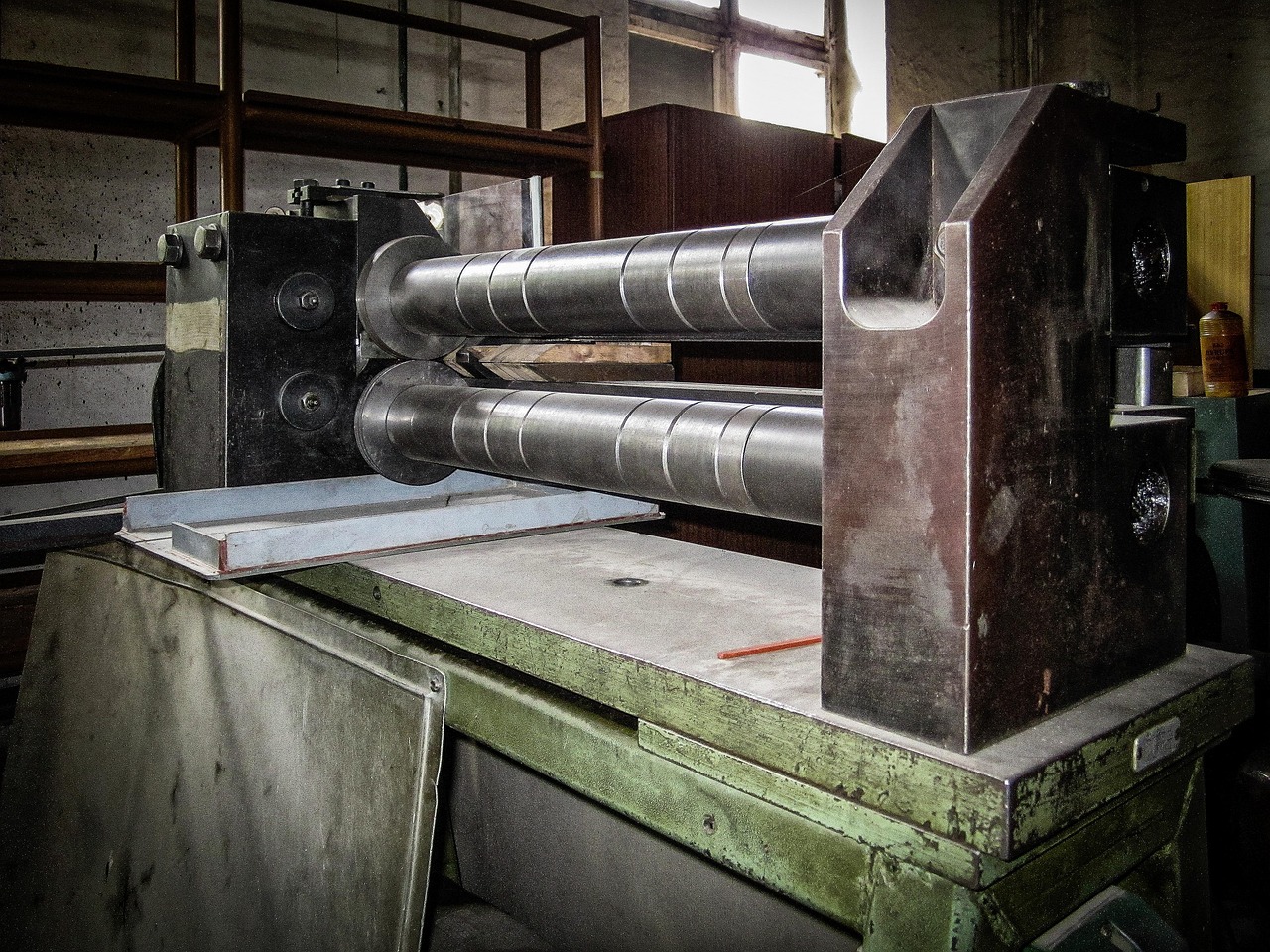Table of Contents
The food manufacturing industry is a rapidly expanding sector with diverse career opportunities. As consumer demand grows and technology evolves, there are many pathways to explore within this dynamic field. Here&8217;s how to navigate your career in food manufacturing.
1. Understanding the Food Manufacturing Landscape
Food manufacturing involves the large-scale production and processing of food products. This industry encompasses everything from raw material sourcing to product packaging and distribution. With a focus on maintaining high safety standards and efficiency, companies implement various processes to ensure that products are safe, nutritious, and appealing to consumers.
Advances in technology, stringent regulatory requirements, and the rise of health-conscious consumers are shaping the landscape significantly. Familiarizing yourself with these trends can offer valuable insights and help you align your career aspirations with current industry needs. By understanding the complex supply chain, from farm to table, you can better appreciate the various roles and responsibilities within the industry.
2. Career Opportunities and Pathways
The food manufacturing industry offers a wide range of career opportunities. Entry-level positions include quality control technicians, machine operators, and packaging workers. With experience, you can advance to roles such as production supervisors, food scientists, and quality assurance managers. Specialized positions in research and development, supply chain management, and food safety are also in demand. In addition to technical roles, careers in marketing, sales, and human resources are essential to support the business side of food manufacturing. As the industry continues to grow, new opportunities will emerge, making it a fertile ground for career development. To keep pace, it&8217;s crucial to stay informed about industry trends and continuously upgrade your skills.
3. The Role of Technology in Food Manufacturing
Technology is revolutionizing food manufacturing, making processes more efficient, sustainable, and safe. Automation, artificial intelligence, and the Internet of Things (IoT) are just a few technologies reshaping the industry. Automated machinery can handle repetitive tasks faster and more accurately than humans, reducing errors and waste. AI can analyze data to optimize production schedules, improve quality control, and predict maintenance needs. IoT sensors monitor equipment performance in real-time, ensuring that production lines run smoothly. Understanding and leveraging these technologies can give you a competitive edge in the job market. As the industry adapts to these advancements, professionals with tech-savvy skills will be in high demand.
4. Importance of Food Safety and Quality Assurance
Food safety is paramount in the food manufacturing industry. Quality assurance processes ensure that products meet regulatory standards and consumer expectations. This involves rigorous testing for contaminants, accurate labeling, and adhering to hygiene practices. Professionals in quality assurance play a critical role in implementing and monitoring these standards. Understanding food safety regulations like the FDA’s FSMA (Food Safety Modernization Act) is essential for maintaining compliance. Continuous training and staying updated with industry best practices are vital for success in this field. A career in food safety and quality assurance not only ensures the well-being of consumers but also enhances your expertise and credibility.
5. Sustainable Practices in Food Manufacturing
Sustainability is becoming a key focus in food manufacturing. Companies are seeking ways to reduce their environmental footprint by using energy-efficient technologies, minimizing waste, and sourcing raw materials responsibly. Sustainable packaging solutions and recycling programs are also gaining traction. Careers in sustainability involve developing and implementing strategies that balance production efficiency with environmental responsibility. This could include roles in environmental impact analysis, sustainable sourcing, or waste management. Embracing sustainable practices not only benefits the planet but also improves a company’s reputation and profitability. Professionals who can drive these initiatives are increasingly valuable in the industry.
6. Networking and Professional Development
Building a successful career in food manufacturing requires more than just technical skills; networking and professional development are equally important. Joining industry associations, attending conferences, and participating in workshops can provide valuable opportunities for learning and networking. Certifications, such as those from the American Society for Quality (ASQ) or the Institute of Food Technologists (IFT), can enhance your credentials and marketability. Engaging with mentors and industry leaders can offer guidance and new perspectives. Staying connected with peers through professional networks like LinkedIn keeps you informed about job opportunities and industry trends. Continuous learning and professional growth are essential for long-term success in this dynamic field.
